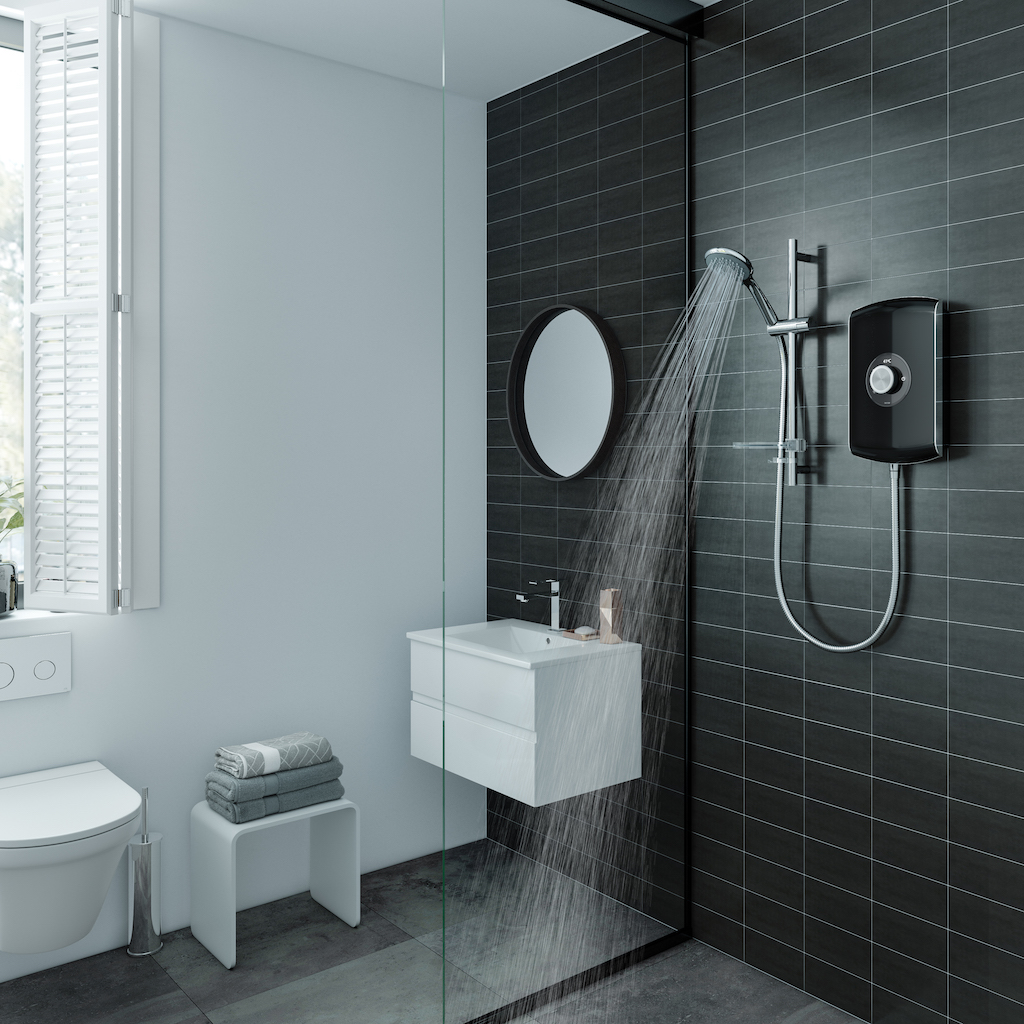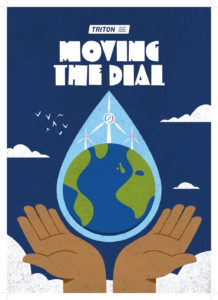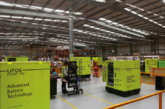
Sustainability is becoming a core component of housebuilding, with the rise of the ‘conscious consumer’ highlighting the importance of placing environmental considerations front and centre. Stuart Lane, Trade Sales Director at Triton, explores the importance of residential water usage.
Within the housebuilding sector, and indeed the construction industry as a whole, sustainability has been a key focus for a number of years. Legislation, such as the Future Homes Act, has provided a framework for new housing developments to be measured against, and there is increasing awareness over managing environmental factors within the supply chain.
Water wastage
The issue of water wastage, surprisingly, has received less attention, despite warnings that the UK is likely to face shortages in the coming years. Much of this is down to overly-porous infrastructure, where leaks cause three billion litres of lost water each day. But it should also be emphasised how much domestic consumption contributes to the problem.
According to the World Health Organisation (WHO), 50 litres of water per person each day is the minimum required to cover basic needs. Compare this with the average consumption of 141 litres per head in the UK, and it is clear where gains can be made.
As housebuilders will be all too aware, Part G of the Building Regulations requires all new homes in England and Wales to limit consumption to 125 litres for each person every day. When you consider that much of a home’s water demand, as well as a large proportion of its energy usage, comes from bathrooms, it is apparent that this needs to be an area of significant focus.
The conscious consumer
Historically, developers have been faced with the challenge of trying to adhere to environmental principles, without impacting consumers by compromising on design or increasing costs. Recent research undertaken by Triton has revealed a more sustainability-minded approach from house buyers, which is encouraging news for housebuilders looking to incorporate these principles into their projects.
For example, 86% of respondents said that water wastage was an important issue to them, while 80% said they expect housebuilders to develop homes that are environmentally friendly. This shows the extent to which consumers are concerned with sustainable properties, and highlights how housebuilders can respond to this demand.
Intriguingly, a further 60% of those surveyed by Triton said it was necessary for homeowners to engage with the water waste problem themselves, illustrating the willingness of the end user to make informed choices. In part, this is going to come down to habitual changes from consumers, with shower manufacturers like Triton supporting this paradigm shift with tools such as its water and energy savings calculator.
But it also means providing the right bathroom products and appliances to offer users the chance to reduce their impact on the environment. Just under 55% of respondents to Triton’s survey expected to pay more for eco-friendly products, even though they are rarely more expensive than standard options.
Electric showering
Naturally, electric-based hot water technology will be key to this challenge, given that it only heats what is needed. Triton’s research, for example, found that by opting for an electric shower over a mixer, an average family of four could save more than 48,000 litres of water.
With electric showers set to play a key role in reducing domestic water and energy consumption, developers should ensure they take advantage of the latest technology. Triton’s electric range is designed to provide an energy efficient option for all tastes and budgets, ranging from the sleek Amore to the household favourite T80 Pro-Fit. Crucially, these options not only offer increased efficiency, but a great user experience too – without compromising on style.
 Sustainable partners
Sustainable partners
As previously touched upon, the sustainability challenge extends beyond the housebuilder-consumer relationship. It encompasses the entire supply chain, including installers and manufacturers, right through to government level.
This is why Triton has launched its ‘Moving the Dial’ campaign, to raise awareness of the various sustainability initiatives it has undertaken in order to minimise its impact on the planet – as well as supporting customer in meeting their own demands. It serves as a demonstration of how others can follow suit, and ultimately reduce water and energy consumption in UK homes.









